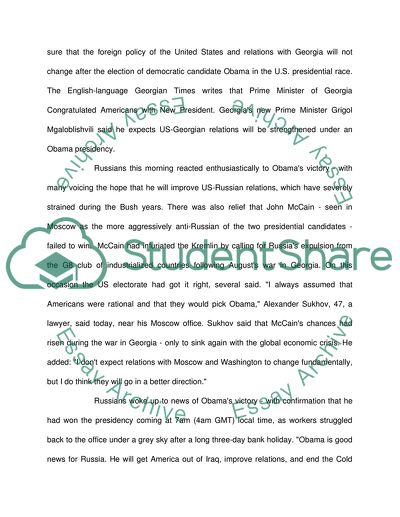Cite this document
(Russia's View on Obama's first 100 Days Admission/Application Essay, n.d.)
Russia's View on Obama's first 100 Days Admission/Application Essay. Retrieved from https://studentshare.org/politics/1723066-russias-view-on-obamas-first-100-days
Russia's View on Obama's first 100 Days Admission/Application Essay. Retrieved from https://studentshare.org/politics/1723066-russias-view-on-obamas-first-100-days
(Russia's View on Obama'S First 100 Days Admission/Application Essay)
Russia's View on Obama'S First 100 Days Admission/Application Essay. https://studentshare.org/politics/1723066-russias-view-on-obamas-first-100-days.
Russia's View on Obama'S First 100 Days Admission/Application Essay. https://studentshare.org/politics/1723066-russias-view-on-obamas-first-100-days.
“Russia's View on Obama'S First 100 Days Admission/Application Essay”, n.d. https://studentshare.org/politics/1723066-russias-view-on-obamas-first-100-days.


